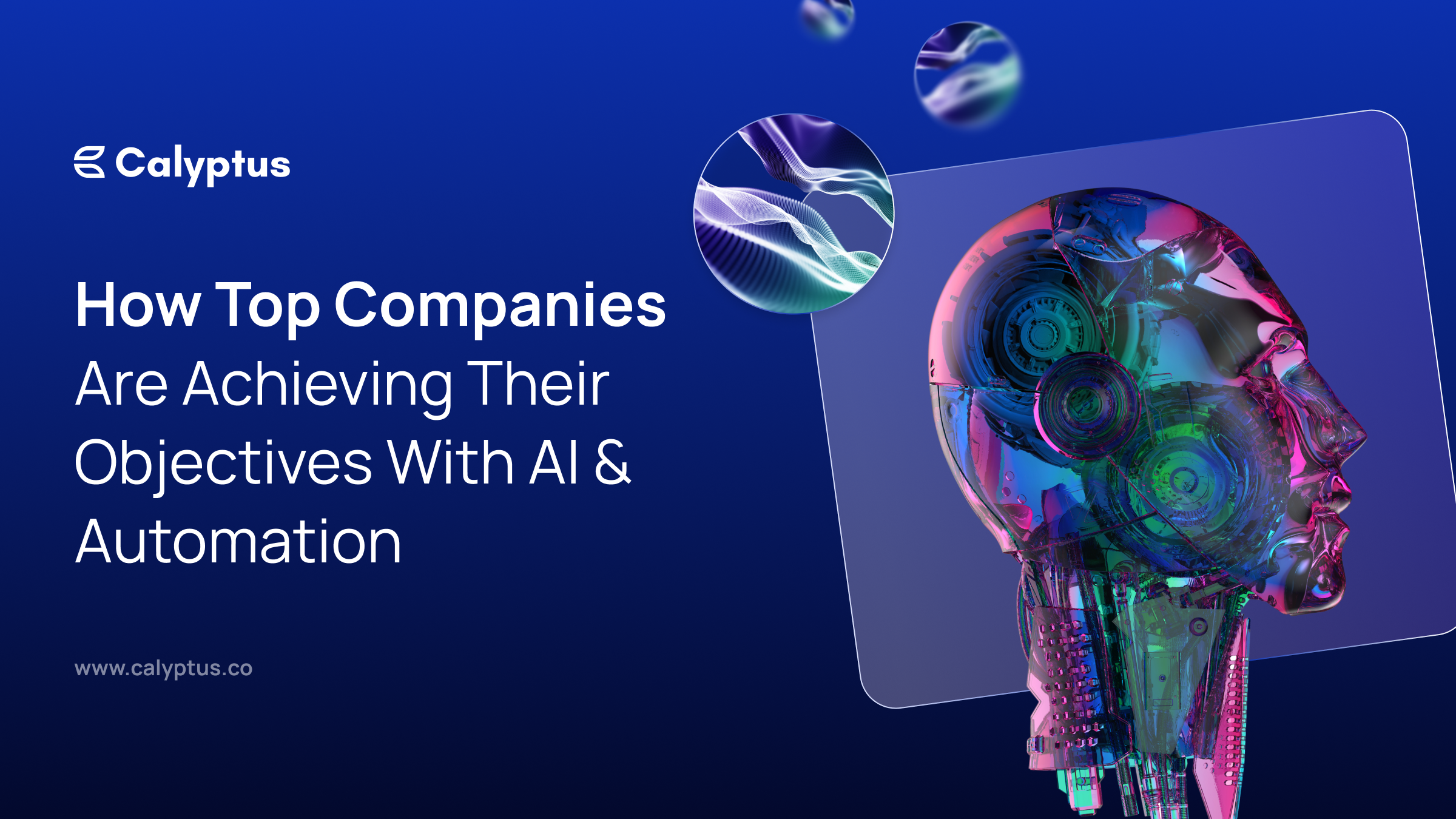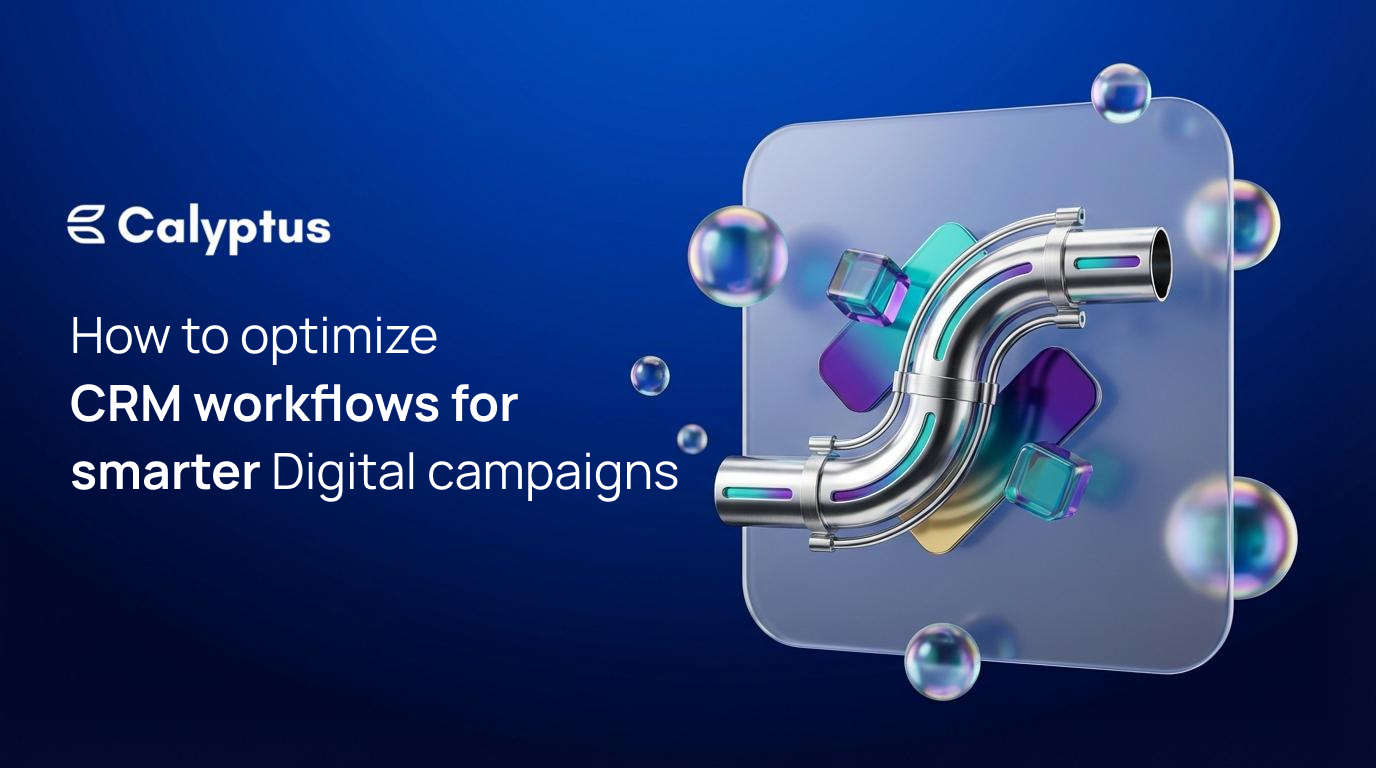We’re past the hype stage of AI and automation; today, these technologies are quietly becoming productivity essentials. Companies that strategically adopt AI driven processes are not only keeping up but they are also significantly pulling ahead. Here’s a look at some real world examples, key takeaways, and productivity insights from businesses genuinely transforming their workflows.
1. Shopify: AI driven Customer Support
Shopify has seamlessly integrated AI into its customer support workflows with Shopify Sidekick, an AI-powered assistant. Sidekick doesn't replace human agents but dramatically reduces response time by handling repetitive queries, instantly surfacing relevant information, and guiding merchants through administrative tasks.
Takeaway: Leveraging AI in customer support significantly reduces routine workload, allowing human teams to focus on complex customer issues.
2. JP Morgan: Automation in Financial Analysis
JP Morgan has deployed advanced AI through its proprietary platform COiN (Contract Intelligence), which analyzes complex legal documents in seconds, tasks that previously consumed thousands of hours annually. The platform’s AI accurately extracts critical data, significantly speeding up decision making processes and freeing analysts for higher value strategic tasks.
Takeaway: Automating document heavy tasks with AI driven analysis tools drastically cuts time spent on routine data processing and enables strategic, higher value work.
3. HubSpot: Intelligent Content Automation
HubSpot is leveraging AI not only for content suggestions but for entire content automation processes. Its AI tools suggest optimized SEO titles, draft initial content outlines, and personalize emails at scale, maintaining high relevance without manual intervention.
Takeaway: Intelligent automation in content creation and personalization greatly enhances scalability without compromising quality or relevance.
4. Siemens: AI in Manufacturing Efficiency
Siemens has integrated advanced AI driven analytics into its manufacturing processes. Its "Digital Factory" initiative uses AI to predict equipment failures, optimize production lines, and reduce downtime significantly, resulting in enhanced productivity and lower operational costs.
Takeaway: Predictive AI analytics in manufacturing not only boosts productivity but also significantly reduces operational risks and maintenance costs.
5. Uber: Advanced AI Route Optimization
Uber utilizes AI to enhance route optimization and demand prediction. Its platform dynamically adjusts routes and driver assignments in real time, significantly cutting wait times and improving driver efficiency and earnings.
Takeaway: AI driven optimization of logistics and resource allocation for the right companies can sharply enhance productivity, customer satisfaction, and profitability.
Productivity Insights from AI Driven Automation
- Efficiency through Automation: Automating repetitive tasks like data entry, routine customer inquiries, and predictive maintenance reduces time wastage and enhances overall productivity.
- Enhanced Decision Making: AI generated insights empower faster and more informed decisions by quickly analyzing large data sets, providing a competitive edge.
- Scalable Personalization: AI allows companies to scale highly personalized experiences without proportionally scaling human resources, maintaining high customer satisfaction and engagement.
- Focus on Strategic Tasks: Automating mundane tasks frees up human employees to concentrate on complex problem solving, creativity, and strategic growth initiatives.
Leading companies across industries are demonstrating that thoughtfully implemented AI and automation can significantly enhance productivity, boost efficiency, and facilitate strategic innovation. The message is clear: AI is essential now.




